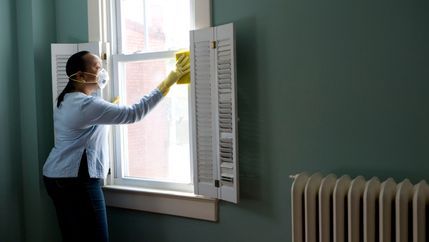
Deputy First Minister John Swinney, MSP, presented the Scottish Government Budget 2023-2024 which sees proposed changes to a number of devolved taxes in order to raise additional revenue to deliver a £1 billion uplift to support Scotland’s NHS and other public services.
Tax increases
Income tax thresholds for starter, basic and higher rate will be maintained. The top rate threshold will be lowered to £125,140 (previously £150,000) and the higher top rate tax will be increased by 1p. According to the Scottish Fiscal Commission (SFC), this will raise £129 million.
The First‑Time Buyer Relief will also continue to be available. This has the effect of increasing the nil rate band from £145,000 to £175,000 for first‑time buyers. In the period from introduction to the end of September 2022, more than 48,000 first‑time buyers have benefited from the relief, saving up to £600 in tax on the purchase of a first home.
Property rates
The next non-domestic property revaluation will take effect on 1 April 2023, based on rental values as of 1 April 2022. The 2023 Revaluation implements the independent Barclay Review of Non-Domestic Rates recommendation to move to three-yearly revaluations and a one-year tone date.
There will be a freeze to Basic Property Rates at 2022/2023 levels. This is expected to save business tax rate payers £308m compared to inflation increases. Also, the rateable value threshold for which the Higher Property Rate applies will go from £95,000 to £100,000.
The Scottish Government will reform and extend the eligibility of the Small Business Bonus Scheme (SBBS), with 100,000 properties to be taken out of rates altogether. This will see transitional reliefs help properties whose rate liabilities increase will do so in a phased manner.
Net zero
To support the Scottish Government’s journey to net zero, they will be providing incentives to businesses to invest in renewables by introducing plant and machinery exemptions for on-sight renewable energy generation and storage.
Empty properties
Empty Property Relief is being devolved to local authorities on 1 April 2023. The devolution of this relief delivers greater fiscal empowerment, enabling councils to administer any support for unoccupied properties in a way that is tailored to local needs. Regulations are also being brought forward which are intended to empower councils to tackle rates avoidance more effectively.
Local authority to set Council Tax rates
Council Tax is a local tax and separate from the Scottish Budget. It makes a significant contribution to the funding of public services with each Council responsible for setting the tax rate that will apply in their local authority area.
Energy efficiency
The Scottish Government will continue to prioritise actions that will contribute to sustainable and inclusive economic growth, to safeguard the future of revenues needed to support public services. As part of the Budget, they will increase investment to over £366 million in delivering the Heat in Buildings Strategy in 2023 24 which includes the development of low-carbon infrastructure projects such as heat networks and measures to tackle fuel poverty. Part of the commitment of £1.8 billion over this Parliament is to accelerate the deployment of heat and energy efficiency measures with the aim to decarbonise over a million Scottish homes by 2030.
Energy crisis
To help the Fuel Insecurity Fund, £20m (from referendum money) will be used to provide a lifeline for thousands of households, including the most vulnerable in society, against rising energy prices.




